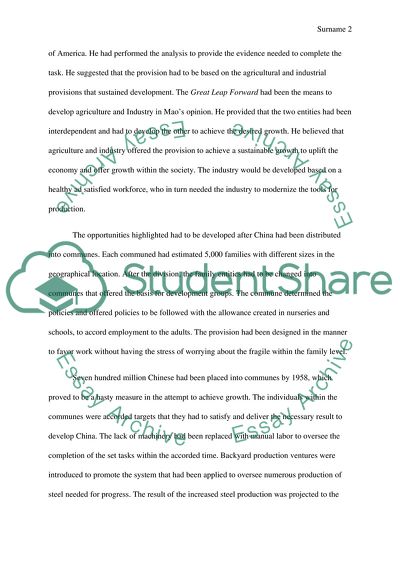Cite this document
(“Japan Meiji period and China great leap forward Essay”, n.d.)
Retrieved from https://studentshare.org/history/1593671-japan-meiji-period-and-china-great-leap-forward
Retrieved from https://studentshare.org/history/1593671-japan-meiji-period-and-china-great-leap-forward
(Japan Meiji Period and China Great Leap Forward Essay)
https://studentshare.org/history/1593671-japan-meiji-period-and-china-great-leap-forward.
https://studentshare.org/history/1593671-japan-meiji-period-and-china-great-leap-forward.
“Japan Meiji Period and China Great Leap Forward Essay”, n.d. https://studentshare.org/history/1593671-japan-meiji-period-and-china-great-leap-forward.


